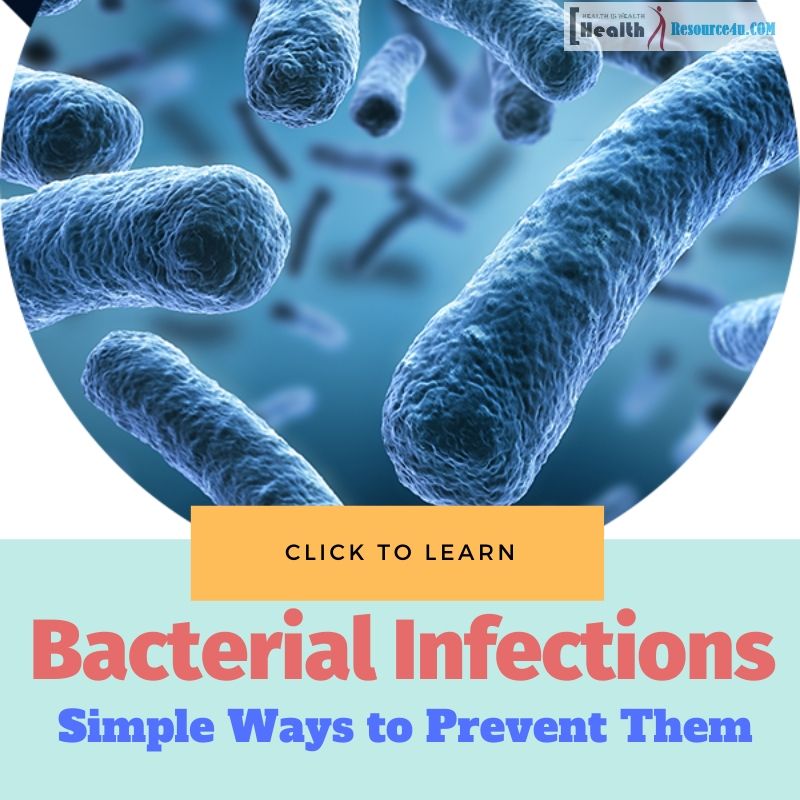Bacterial infections happen when pathogens like bacteria, viruses, fungi, and parasites enter your body and wreak havoc on your normal functions. Normally, these microorganisms can be found in and on your body. While mostly harmless, they may cause diseases under certain circumstances. According to the Harvard Medical School, infectious diseases are one of the most common causes of illness and death not just in the United States but all over the world.
Some infections, such as bacterial vaginosis, are caused by the imbalance between the microorganisms found in your vagina. Infections happen when there are more bad bacteria than good.
How Infections Are Transmitted
Microbes enter the body through several openings, from your nose and mouth and even to your anus and genitals. These microbes can be transmitted directly from person to person, and they can also be transmitted by animals and insects by way of skin contact or bites. Some infections may also be passed by mothers to their unborn children, as some pathogens may be transmitted through the placenta or breast milk. Some germs may be transmitted during birth.
The spread of infections may be worsened by the following situations:
- Consuming contaminated food
- Sharing personal items
- Working closely with other people
Signs and symptoms of infection vary depending on the organism that’s causing the infection. You may experience some of the more common symptoms such as:
- Fever
- Coughing
- Diarrhea
- Fatigue
But other infections may be life-threatening. If you experience any of the following, you need to seek medical attention immediately:
- Prolonged fever
- Animal bites
- Unexplained vision problems
- Difficulty breathing
- Prolonged coughing
Simple Ways to Prevent Infections
Preventing infections can be as simple as having good hygiene. Here are some of the things that you can do to prevent the spread of infection:
- Make sure that your hands are clean by washing them well.
- Cover your mouth and nose when you sneeze or cough.
- Make sure that you’re vaccinated. You need to check with your doctor for this as vaccinations are essential to prevent diseases like hepatitis, shingles, and meningitis, among others.
- For food safety, rinse all your meat, vegetables, fish, and such under running water before cooking or serving them. Remember to also wash your hands every time you handle raw meat.
- Shower daily and, when washing your vaginal area, avoid using douches and regular soaps as these may increase your risk of getting bacterial vaginosis.
- Take probiotics for preventing bacterial vaginosis. Additionally, make sure that you dry your vagina after showering or washing and that you use fresh underwear after swimming or working out.
- For those recovering from an infection, it’s best to have healthy balanced meals. Make sure that your diet is focused on fruits, vegetables, and whole grains. Don’t forget to include sources of protein such as lean meat, poultry, and fish to help facilitate wound healing. The vitamins and minerals that you get from a healthy diet may help repair the damages to your cells and tissues. These may even help with bowel movement.

